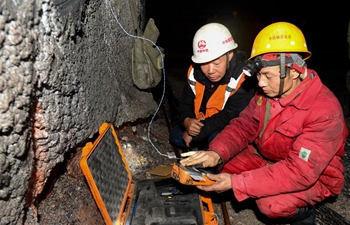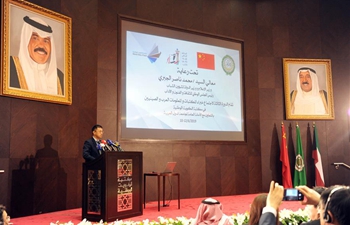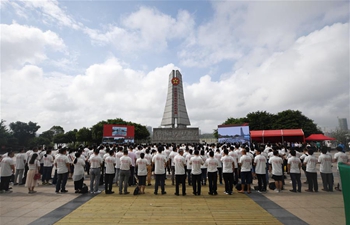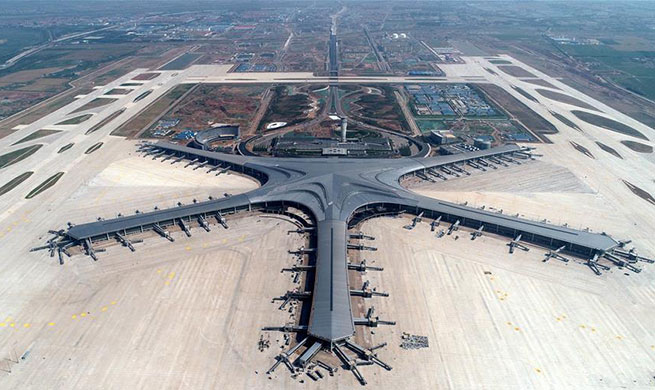GENEVA, June 12 (Xinhua) -- One in five people worldwide living in an area affected by conflict has depression, anxiety, post-traumatic stress disorder, bipolar disorder or schizophrenia, the World Health Organization (WHO) revealed on Wednesday, calling for increased, sustained investment in mental health services in those areas.
According to an analysis of 129 studies published in The Lancet, about 22 percent of the population, or every one in five people, living in conflict-affected areas are affected by those mental issues, of which nine percent have a moderate to severe mental health condition.
The figures are substantially higher than the global estimate for these mental health conditions in the general population, which stands at one in 14 people, the WHO said in the report, adding that depression and anxiety appeared to increase with age in conflict settings, and that depression was more common among women than men.
The findings suggest that past studies underestimated the burden of mental health conditions in conflict-affected areas. The new study estimated the rate of severe mental health conditions at five percent and that of mild to moderate mental conditions at 17 percent, both higher than previous estimates of three-to-four percent and 15-to-20 percent.
The latest figures come from 129 studies and data from 39 countries published between 1980 and August 2017, including 45 new studies published between 2013 and August 2017.
Settings that have experienced conflict in the last 10 years were included. Cases were categorized as mild, moderate or severe. Natural disasters and public health emergencies, such as Ebola, were not included.
"The new estimates, together with already available practical tools for helping people with mental health conditions in emergencies, add yet more weight to the argument for immediate and sustained investment, so that mental and psychosocial support is made available to all people in need living through conflict and its aftermath," said study author Dr. Mark van Ommeren, of the Department of Mental Health and Substance Abuse at the WHO.
"Despite their tragic consequences, when the political will exists, emergencies can be catalysts for building quality, sustainable mental health services that continue to help people in the long-term," he added.
According the WHO, major conflict-induced humanitarian crises currently exist in a number of countries, including Afghanistan, Iraq, Nigeria, Somalia, South Sudan, Syria, and Yemen.
In 2016, the number of armed conflicts reached an all-time high, with 53 ongoing conflicts in 37 countries and 12 percent of the world's population living in an active conflict zone. Nearly 69 million people worldwide have been forcibly displaced by violence and conflict, the highest number since World War II.

















